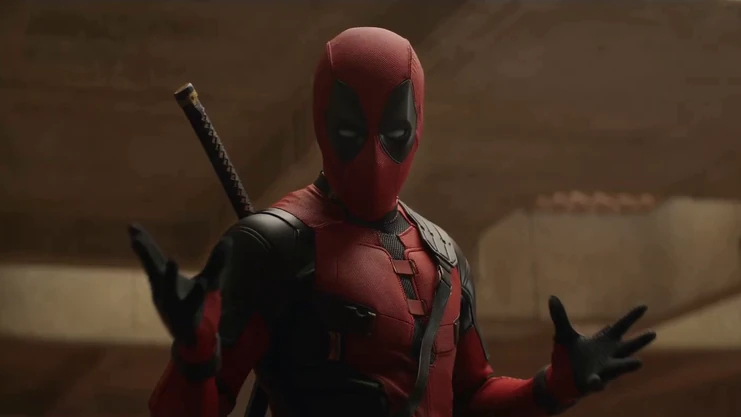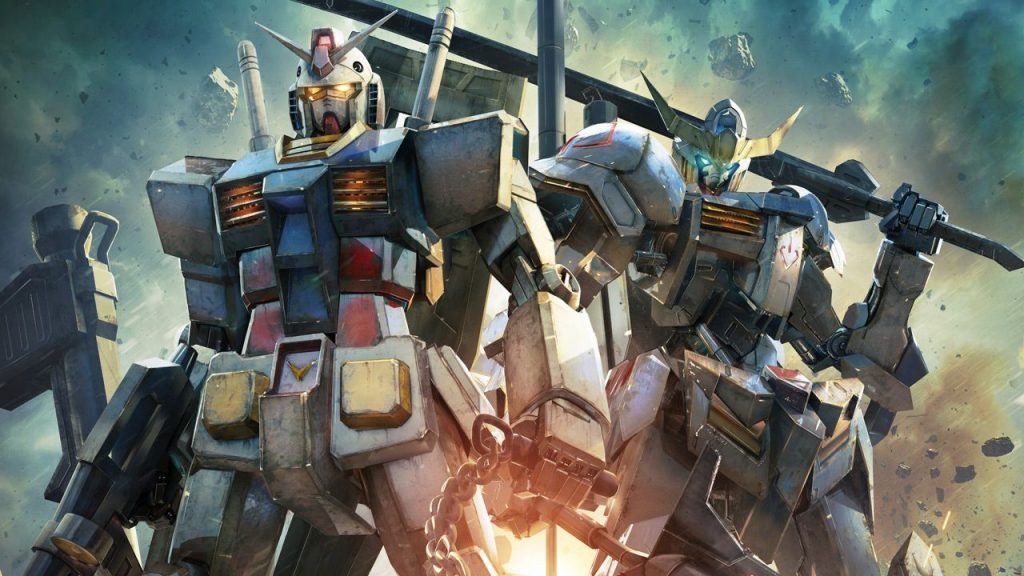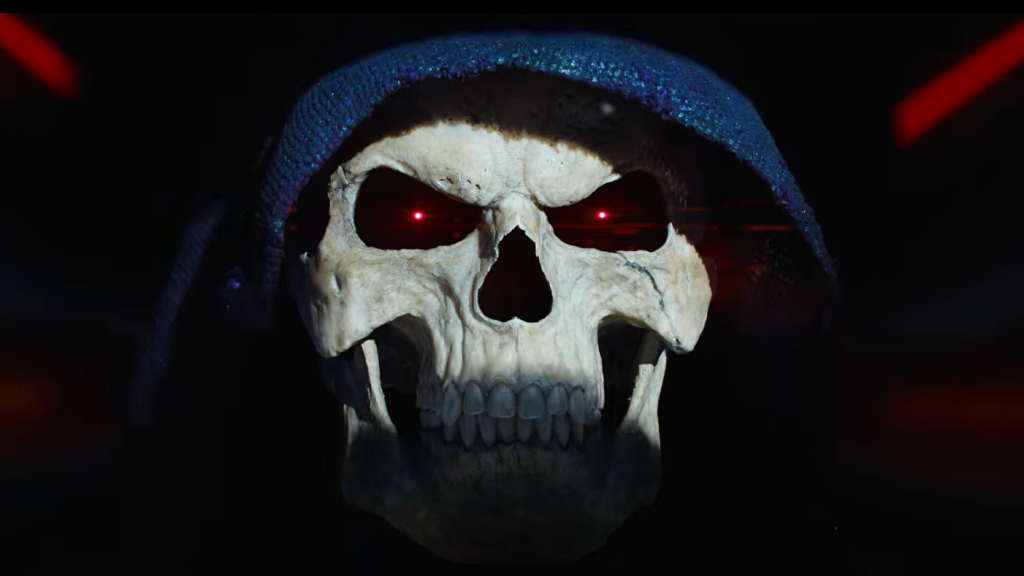In Marvel Comics, the prospects of humanity’s survival appear increasingly uncertain amidst the emergence of mutants and the arrival of advanced alien intelligence.
Within the expansive Marvel Comics Universe, the presence of time travelers, chronomancers, and individuals capable of resetting events often grants its inhabitants foresight into the future long before it unfolds. While this ability is perceived as a boon by many, there exist those who regard it as a curse. For specific individuals in the Marvel realm, the notion of a promising future may be utterly absent, casting a shadow of uncertainty over their existence.
Having reigned as Earth’s dominant species for over 200,000 years, humanity naturally developed a sense of assurance about its place in the universe. However, this sense of security was abruptly shattered when Charles Xavier delivered his telepathic address to humankind in House of X #6 (penned by Jonathan Hickman, with artwork by Pepe Larraz, Marte Gracia, David Curiel, and Clayton Cowles). Xavier’s words, declaring humanity as “the future” and “the Earth’s true inheritors,” not only challenged humanity’s supremacy on Earth but also posed a grave threat to its very existence.
Yet, this is not the sole imminent peril hovering over humanity’s future. Numerous paths appear to converge toward inevitable ruin. In Powers of X #6 (crafted by Jonathan Hickman, R.B. Silva, Pepe Larraz, Marte Gracia, David Curiel, and Clayton Cowles), a glimpse of one possible future unveils the impending eradication of humanity at the merciless hands of the Phalanx a class of malevolent mechanical intelligence, even in the absence of competition from mutants.
The Only Constant in the Universe Is Change
As a biological entity, humanity is intricately tied to the ongoing process of evolution. Throughout history, language development, advanced cognition, and even physical adaptations like the opposable thumb propelled humanity to its esteemed position on Earth’s evolutionary hierarchy. It is worth considering that in the distant past, these advancements may have appeared as remarkable to other species as mutant abilities do to humanity today. Orchis, an organization keenly aware of this evolutionary shift, acknowledged that mutant-kind’s trajectory is heading towards the eventual extinction of humanity, just as previous evolutionary rivals have met their demise.
While setbacks such as the tragic annihilation of Genosha serve as stark reminders, mutant-kind is following its own cyclical pattern of birth, proliferation, destruction, and rebirth. With each iteration of this cycle, mutants inch closer to the prospect of permanently supplanting humanity, making significant strides toward their ultimate goal.
Despite the perceived inevitability of humanity’s replacement, an alternative path exists, exemplified by the concept of “post-humanity” unveiled in Powers of X #6. Within this possible future, it is unveiled that all previous strategies, such as the deployment of Sentinels and Nimrods, served only as temporary measures, providing humanity with additional time to break free from the confines of the natural evolutionary cycle. Homo Novissima, an advanced iteration of mankind, achieved mastery over technology and, consequently, over evolution itself. Through this accomplishment, they transcended the limitations imposed by nature, ascending to a higher state of being. In this future, it was mutant-kind’s turn to be surpassed by their own super-evolutionary successors, as they were left behind in the wake of Homo Novissima’s extraordinary transformation.
Humanity’s Destiny Is To Leave Itself Behind
Although, on the surface, this outcome might resemble the triumph that Orchis envisioned, with humanity surpassing all its rivals, the truth is a bittersweet victory at best. In order for humanity to emerge victorious in the conflict against mutants, they must relinquish their very essence. Consequently, even in their triumph, humanity finds themselves defeated. They are fated to undergo a transformation that renders them unrecognizable, ultimately leading to their assimilation into the collective consciousness of superior machine intelligence. The price of victory, in this case, is the forfeiture of humanity itself.
Although the future that lies ahead for humankind may not be widely embraced, it represents the next phase in humanity’s evolution. While the prospect may appear intimidating, it is important to recognize that such transformation holds the potential for both excitement and adventure, much like any other chapter in mankind’s journey. This marks the beginning of a new era, a time for a distinct breed of human beings who, ideally, have absorbed the wisdom imparted by their predecessors. It is a chance to forge a path shaped by past lessons and embark on a fresh and promising chapter of human existence.







